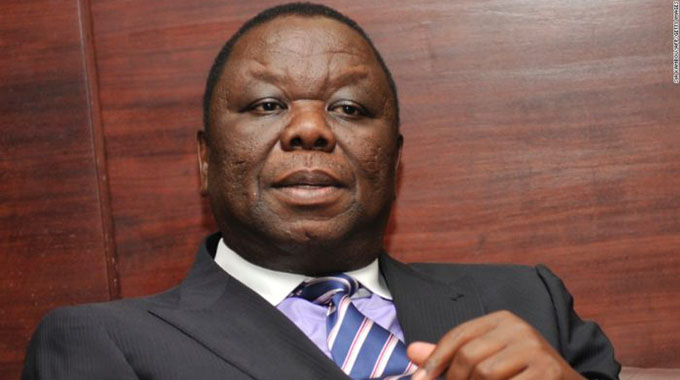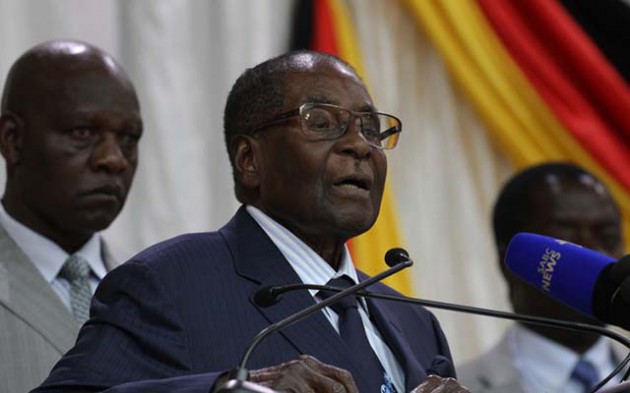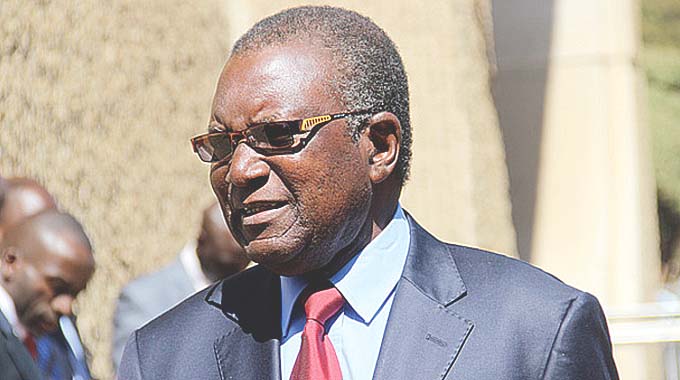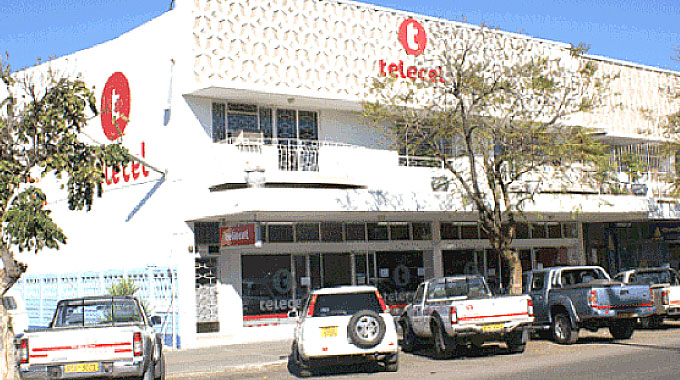Leadership change ushers new era for Zimbabwe

Christopher Farai Charamba Political Writer
Zimbabwe has reached the end of an era. No longer will the visages of Cde Robert Mugabe or Mr Morgan Tsvangirai grace a national ballot paper or campaign T-shirt.
For close to 20 years, the two faces stood polarised within the arena of national politics. During that time, they amassed a cult-like following. So strong were their personal brands that they held total control of their respective political parties.
“One centre of power,” Zanu-PF members chimed in support of Mugabe.
“Save chete, chete!” exclaimed supporters of the MDC-T backing their leader.
But that period has come to pass. The ending for both could have been the plot of a Shakespearean tragedy. On November 21, 2017, Cde Mugabe tendered his resignation, bowing out of a lifelong career in politics, 37 years of which was spent running the State.
Less than three months later, on February 14, 2018, the leader of the opposition, Mr Morgan Tsvangirai would sorrowfully succumb to colon cancer and die in a hospital in South Africa. Both events came unexpectedly and each would have an effect on the political parties to which the two leaders belonged.
Aside from the change of leadership within Zanu-PF and the new dispensation at Government level, the events leading to the retirement of former President Mugabe could be described as cinematic.
The few weeks in November, from the firing of a vice president to the resignation of the head of state – not to forget the infamous asante sana moment – were tense, uncertain and emotional for all Zimbabweans. During what was essentially a succession battle, members of the ruling party were caught in a political whirlwind.
At different points, supporters of the Lacoste and G40 factions found themselves shifting allegiances with the fluidity of the situation. Some of those who were not fortunate enough to switch sides made use of the closest border to protect themselves from threats – real and imagined.
Within the opposition, the MDC-T to be specific, controversy took centre stage in the weeks leading to Mr Tsvangirai’s passing. The three deputy presidents of the party were and remain till this day locked in a succession battle of their own.
Mr Nelson Chamisa, Dr Thokozani Khupe and Mr Elias Mudzuri all claimed to be the official acting president during the time Mr Tsvangirai was hospitalised.
Less than 24 hours after the world was informed of Mr Tsvangirai’s death in true Machiavellian fashion, Mr Chamisa met with members of the MDC-T National Executive Council to be officially installed as the acting president of the party till they go to an elective congress next year.
This will obviously not sit well with the two other contenders for the role. Now that Mr Tsvangirai has been buried, one expects Mr Chamisa to find himself challenged by Dr Khupe and Mr Mudzuri.
Mr Chamisa does seem to have the upper hand though, as much like his late principal Mr Tsvangirai, he has won the favour of the people, the real stockholders within the party.
The charismatic young leader captured the attention and support of the crowds gathered to mourn Mr Tsvangirai, building on the canvassing he has been doing over the past few weeks.
This is something that his adversaries, both internal and external, should be wary of as they come up against him. A new dawn has come for the political space in Zimbabwe as the two biggest political parties in the country find themselves with new leadership ahead of 2018 harmonised elections.

Cde Robert Mugabe
One would argue it is fortuitous for the country that closing of the Mugabe/Tsvangirai chapter took place on the eve of a national election.
Zimbabweans this year have the opportunity to choose for themselves a new president, and by extension Government, for the next five years.
It is on this forthcoming epoch that the country should focus. Political parties and their principles should realise the opportunity they have to chart a new path for themselves and the nation.
As the election date approaches and campaigns find themselves running at optimum speed, many promises will be made. One expects politicians to find it tempting to fall into old habits and use the same tired rhetoric that many have been hearing for the last 20 years.
Such messages will yield little fruit. The change of leadership should come with a changed vision and changed strategies. Political parties should take stock of the Zimbabwean population before they attempt to pawn to them manifestos that are out of sync with the demands of the people.
Now is the best time to engage with the people in different parts of the country to understand their grievances and best chart a way of addressing them.
President Mnangagwa has the power of incumbency and therefore a far mightier agenda setting ability than any of his opponents. He should use this to his advantage and deliver on salient issues, thus building the belief in voters that he is most competent in handling these concerns.
Without tangible examples that the livelihoods of people have somewhat changed, the President could potentially face an uphill battle in the polls. For the MDC-T, their biggest concern is whether they can sort out their succession issues fast enough.
How much longer the alliance will hold is dependent on how the battle for leadership plays out and whether the new leader is able to unite the conflicting sides.
The party has the opportunity to capture and convert the mood around the death of Mr Tsvangirai to political gain, however, this will require a vision and a mission that can resonate with the people. The future is likely to be as unpredictable as the last three months in Zimbabwe’s history.
What is certain is that change has come and with it are the high expectations of Zimbabweans for a better society socially, politically and economically.










Comments